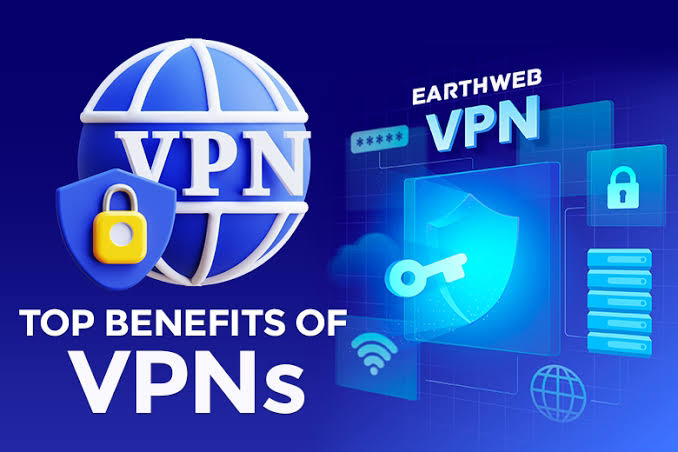VPN (Virtual Private Network) apps are widely used for enhancing online security and privacy. While many VPN apps offer paid subscriptions for premium features, some providers offer free versions that can be utilized to access restricted content or protect your online activities. In this article, we will explore how to maximize the benefits of VPN apps available on the Google Play Store to access free data.
Research and Choose Reliable VPN Apps: Begin by researching and selecting reputable VPN apps from the Google Play Store. Look for well-established providers with positive user reviews and a track record of reliable performance. Popular VPN apps like ProtonVPN, TunnelBear, and Windscribe often offer free versions with limited features or data allowances.
Install and Set Up the VPN App: Once you have chosen a VPN app, install it on your Android device from the Google Play Store. Launch the app and follow the on-screen instructions to set up your VPN connection. Most VPN apps require you to create an account or sign in to access their services.
Understand the Limitations of Free VPNs: Free VPN apps typically come with certain limitations. These may include restricted server locations, limited bandwidth, slower connection speeds, and occasional advertisements. Be aware of these limitations and understand that free VPNs may not offer the same level of performance or features as their paid counterparts.
Connect to a VPN Server: After setting up the VPN app, you can connect to a VPN server to secure your online activities and potentially access restricted content. Select a server location from the available options in the app. Keep in mind that some free VPN apps may limit the number of server locations you can choose from.
Accessing Free Data Benefits: While VPN apps primarily focus on privacy and security, they can indirectly provide access to free data benefits. By connecting to a VPN server, you can bypass geographic restrictions and access content that may be unavailable in your region. This includes streaming services, websites, and other online platforms that may provide free data or exclusive content to users in specific locations.
Monitor Data Usage: Free VPN apps often impose data limits on their users. Keep track of your data usage within the VPN app to ensure you don't exceed the allocated limit. Be mindful of bandwidth-intensive activities such as video streaming or large file downloads, as they can quickly consume your limited data allowance.
Consider Premium Upgrades: If you find the free version of a VPN app to be insufficient for your needs, consider upgrading to a premium subscription. Paid VPN plans typically offer a wider range of server locations, faster connection speeds, and unlimited bandwidth. Evaluate your requirements and determine if the additional features justify the cost of the subscription.
Maintain Online Security and Privacy: While utilizing free VPN apps for accessing data benefits, it's crucial to remember the primary purpose of a VPN, which is to safeguard your online security and privacy. Ensure that the VPN app you choose has a strong privacy policy, robust encryption protocols, and a strict no-logs policy. Protecting your personal information should always be a priority.
Conclusion: VPN apps on the Google Play Store can serve as valuable tools for enhancing online security and privacy while potentially providing access to free data benefits. By selecting reliable VPN apps, understanding their limitations, and utilizing their server networks, you can bypass restrictions and explore online content that may be otherwise unavailable. However, it's important to balance the benefits of free VPN apps with their limitations and prioritize your online security and privacy at all times.

